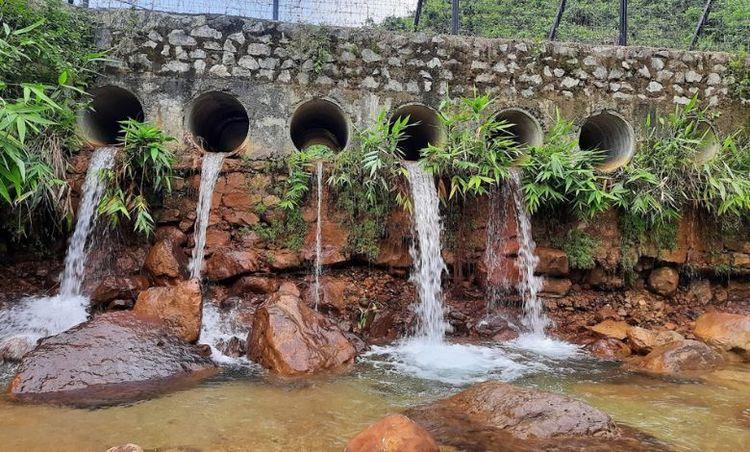- ///
- Sunamganj
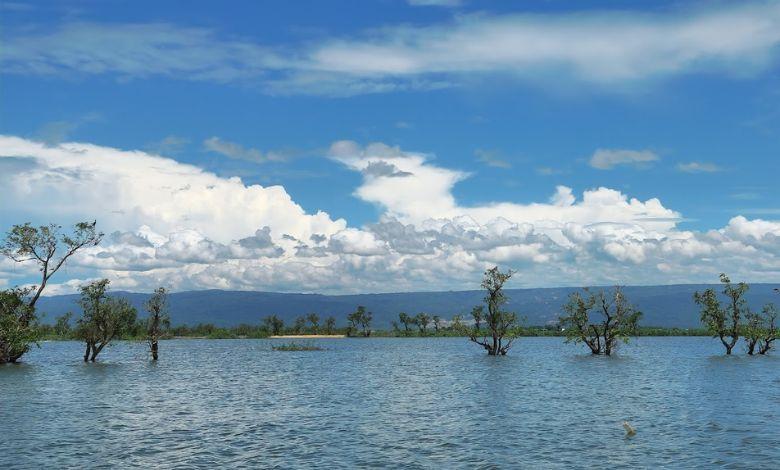
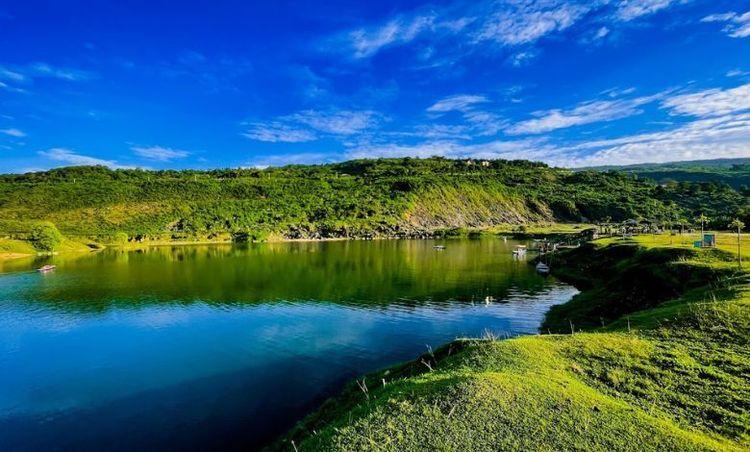
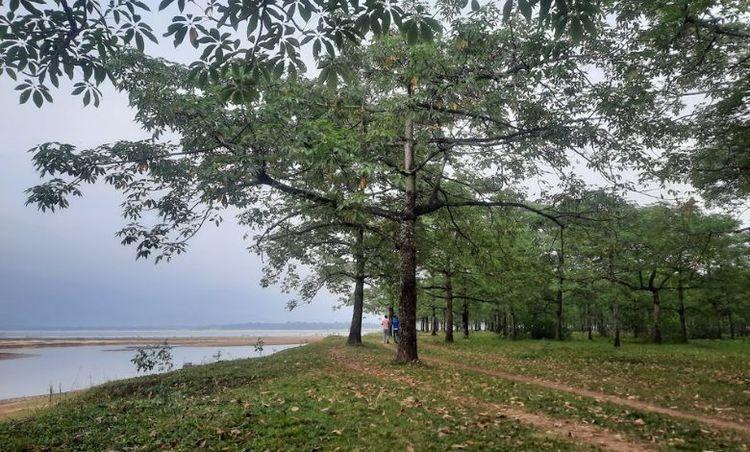
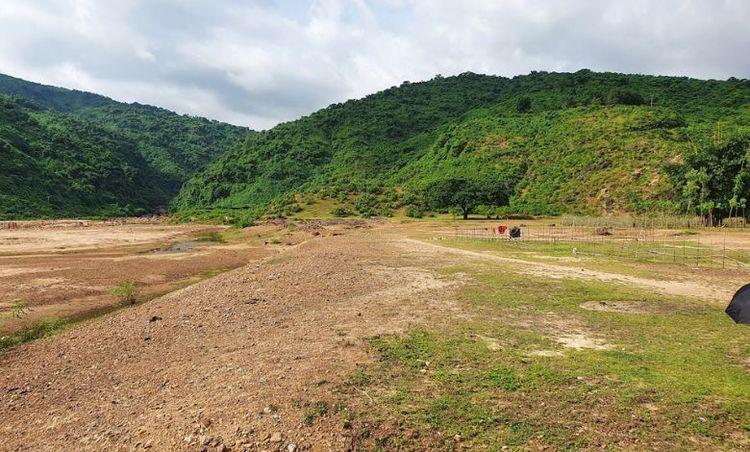
Sunamganj, Sylhet
Sunamganj was established as Sunamganj Mahakuma in 1877 and became a district in 1984. It is part of the Sylhet Division in northeastern Bangladesh. The district is geographically significant due to its proximity to the Meghalaya state of India, which shares a long border with it.
The Sunamganj area guide highlights that the district has a land area of around 3,748.18 square kilometers and a population of almost 2.7 million. The climate is tropical, with heavy rainfall during the monsoon season, contributing to the formation of haors (wetlands).
Communication routes have been improving, with several road networks connecting it to Sylhet and other districts. The upcoming projects like Dhaka-Chatak railway communication might improve the area’s connectivity significantly.
Sunamganj is rich in natural resources. It is famous for its vast haors, which are crucial for fish farming. Additionally, limestone deposits in the nearby hills contribute to the local economy. Sand, stone, coals, cement industry, brick kilns, etc., contribute to the district’s economy significantly. Yet, agriculture is a major economic source, with rice being the primary crop.
The district also has cultural importance. It is the land of renowned Baul music tradition and the home of Baul singer Shah Abdul Karim. It also honors mystic poet Hason Raja, a prominent figure of Sunamganj.
The district also has strong traditions, with vibrant festivals and a rich history of folk music. Notable landmarks include the shrine of Hason Raja, Tanguar Haor, Barek Tila, and the Jadukata River, all of which attract visitors. Education is improving in Sunamganj with increased access to schools. Colleges, universities, nursing and technical institutes, etc., though challenges remain in remote areas.
Sunamganj holds potential for growth in business, tourism, and industry. With the upcoming projects, it is expected to become more connected, opening up new opportunities for living, commerce, and investment. Its natural beauty, cultural heritage, and growing economy make it a promising area for future development.
City Insights
Known Landmarks
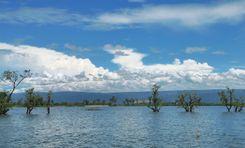
Tanguar Haor
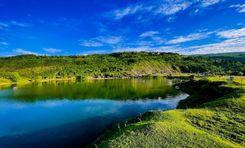
Niladri Lake
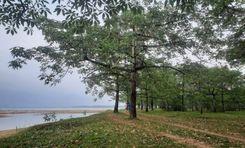
Taherpur Shimul Garden
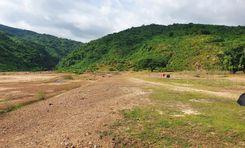
Lakmachora
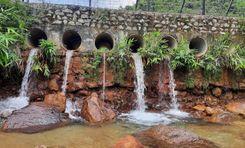
Lalghat Waterfalls
Connectivity
Bus Routes
Nearest Train Stations
New Developments
What’s great here?
What needs attention?
Neighbourhood Rating
3.3




Neighbourhood Rating
3.3




